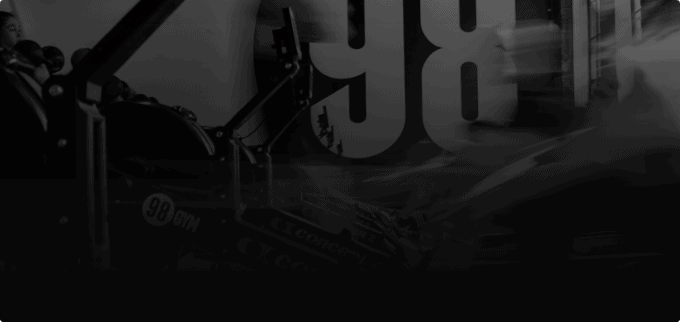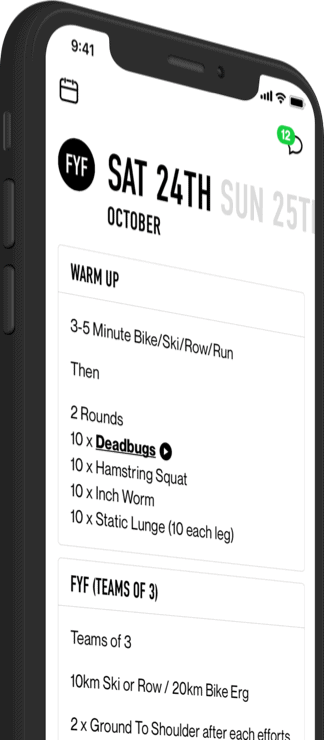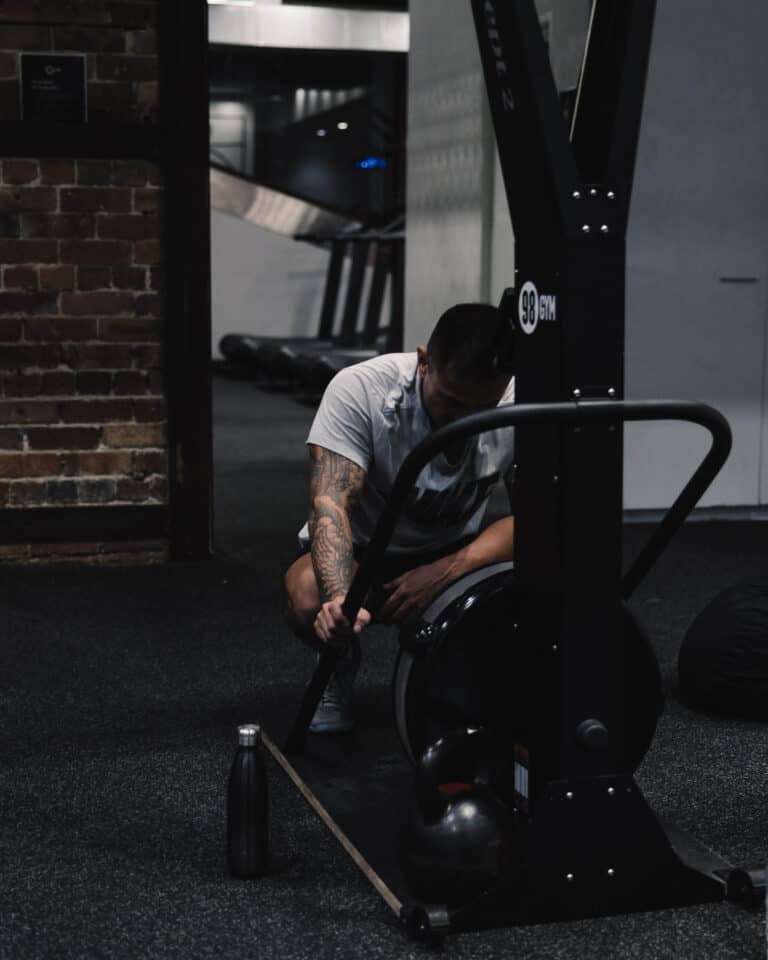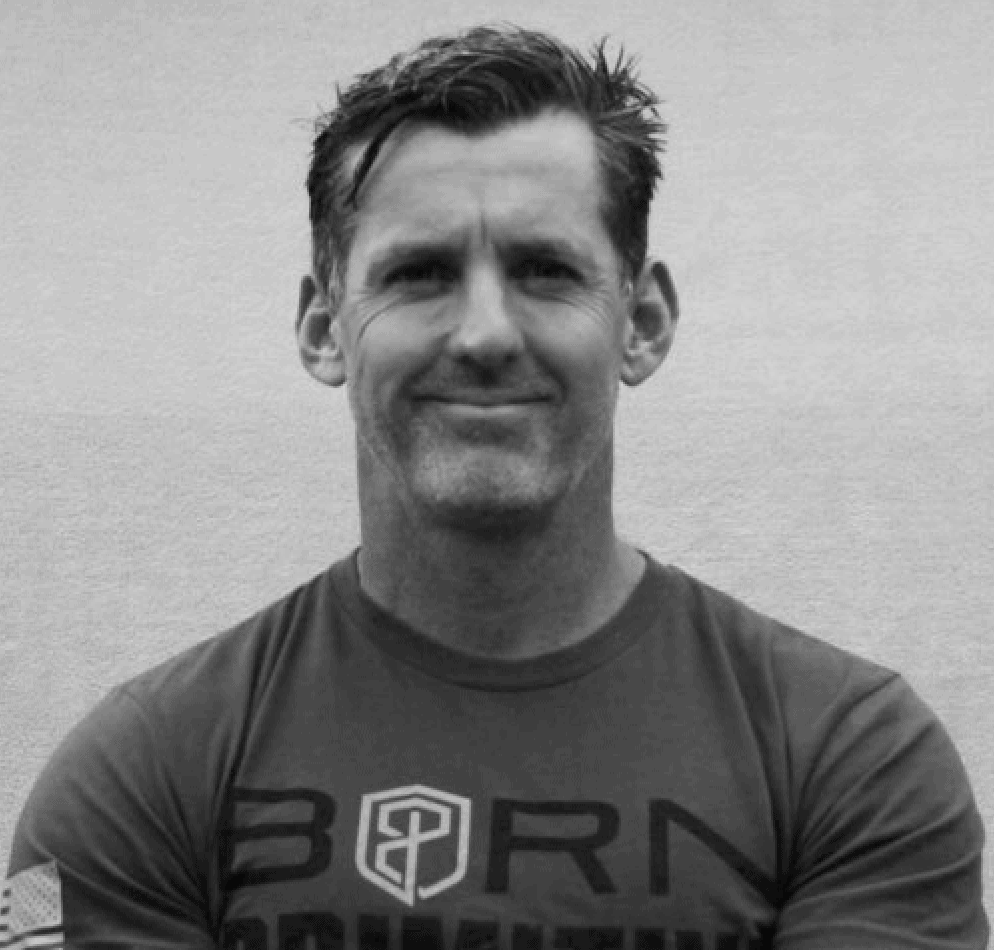Nutrient timing. If you have been around the gym long enough you would have heard more than a few conversations centred around this topic. What to eat post-training, how soon and how much is a topic that has piqued the interest of many who are interested in optimising their training gains. However, in recent years a further investigation into the topic has revealed that the tight 30-60 minute ‘anabolic’ deadline for post-training gains may perhaps be more like a slower-moving barn door which has correspondingly had people concluding that the whole concept was not of importance at all. So…Should you still be worried about nutrient timing?
For the unacquainted, nutrient timing is the nutrition concept centred around the idea that due to a heightened response of the body to intake of nutrients such as carbohydrates and amino acids from protein in the period post-training that getting in a post-training recovery meal within a once hypothesised 30-60 minutes was the difference between being completely jacked and not filling out the arms of your shirt. In fact, it was almost inferred that the period post-training was the only time to be worried about from a nutrition standpoint if trying to maximise muscle mass.
To set out the facts, it is true that when we undertake resistance training, muscle protein synthesis (MPS) is stimulated. The session signifies a potential trigger for muscle growth or adaptation, as a result of putting muscles under stress. However, for muscle growth to actually occur, or for the adaptive potential to be met in response to this stimulus, a positive protein balance, and adequate energy, is required. That is, there needs to be adequate amounts of protein and energy available to allow for repair and rebuilding of the muscle to occur. If the training stimulus isn’t coupled with adequate nutrition (extra building blocks to take advantage of the rebuild potential stimulated by training), protein balance is left in a negative state leading to greater rates of breakdown than a build-up of muscle fibres. So, it can be that not paying attention to your post-training nutrition can mean that the potential ‘gains’ from training are subpar or compromised compared to what was on the table.
It is also correct that after intense exercise when dietary protein is consumed and circulating amino acids in the blood are elevated, rates of muscle protein synthesis are enhanced. It has also been clearly demonstrated that the addition of carbohydrates further enhances uptake of nutrients into the worked cells post-training (Carbohydrates stimulate an increase in insulin secretion, a hormone that regulates the uptake of nutrients into the muscle cell, which is even more prominent in the period post-training). So, it does appear that this period of heightened nutrient uptake is something worth taking notice of, but is it a matter of eating or completely miss out? Put simply, no.
As previously stated, what was once described as an ‘anabolic window’, is now more broadly thought of as a barn door, or any other large entry passage of your choosing. Yes, eating after training does appear to lead to greater adaptions to training, but ignoring the other 23 hours of the day can also leave you short of your potential.
When it comes to optimising your training nutrition and body composition, energy availability and protein type, timing and total across the day and week, should behold equal footing with nutrition strategies post-training. If you are only looking at the 1-2 hours post-training, while neglecting the rest of your diet, you are ignoring the fact that recovery is not a one hour job. It is a 24-72 hour type job, depending on the work done, and nutrition planning should reflect as such.
Although it is not official scientific terminology, we could explain the recovery process in terms of phase one and phase two recovery. The first few hours post-training, phase one, could be thought of as a period of procurement, whereby the materials necessary to facilitate adaptations to training are taken up as a matter of urgency to start the repair process. And then the remaining hours of the day and subsequent meals, phase two, could be thought of as being geared towards providing regular top-ups of these materials, namely protein for muscle synthesis and carbohydrates to replenish muscle glycogen. This model highlights the importance of post-training nutrition for ‘kick-starting’ the recovery process, while also ensuring that we do not forget that recovery and adaptation need a longer-term mindset.
In summary, while the period post-training does present an especially important piece of the puzzle when looking to optimise your nutrition and in turn training performance and body composition, you need not fear that the whole session has been wasted due to not eating straight after. Ideally, you do have a carbohydrate and protein-rich meal within say 1-2 hours of training, however, if your daily meals are evenly spaced across the day and are well balanced (i.e contain a healthy mix of whole foods containing carbs, protein and fat), then you won’t need to pay as much attention to the immediate post-training period.









